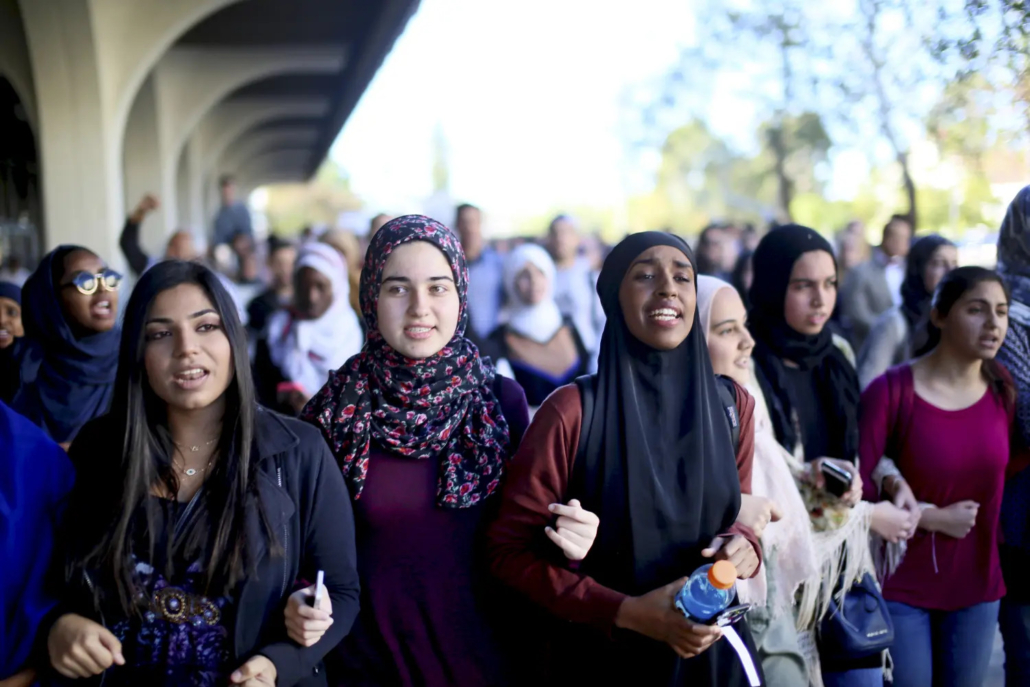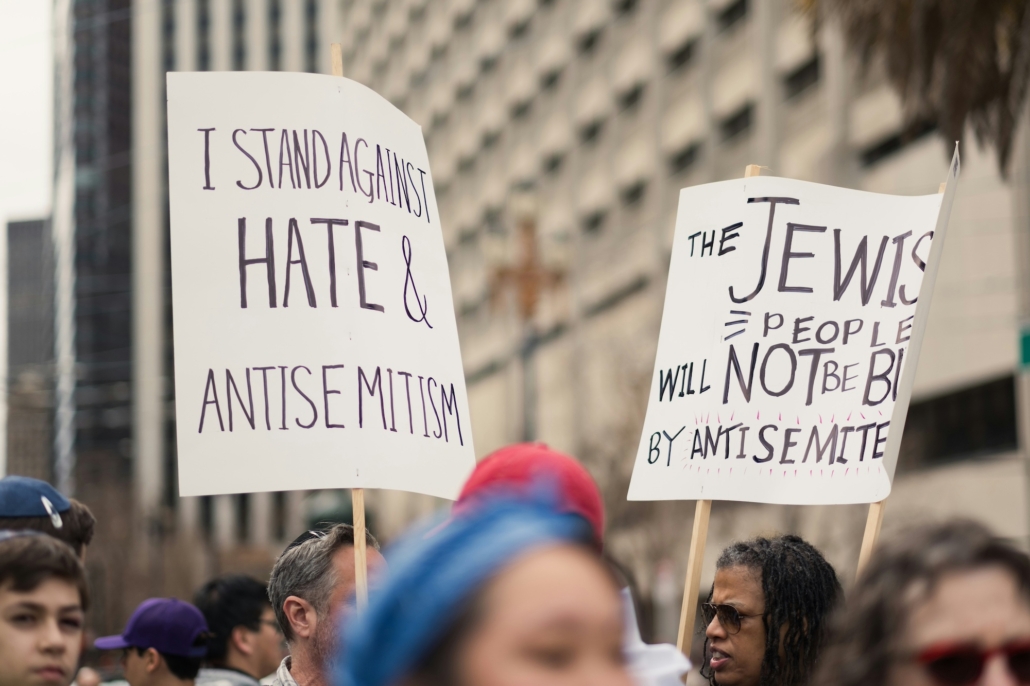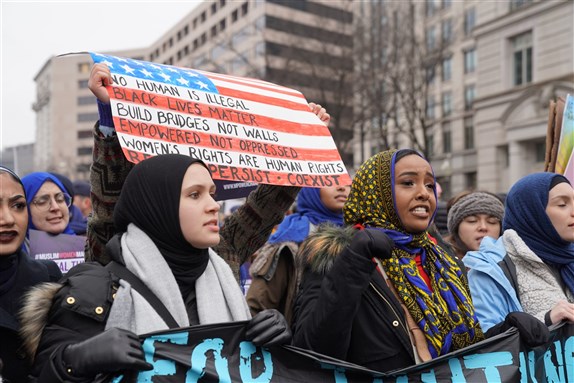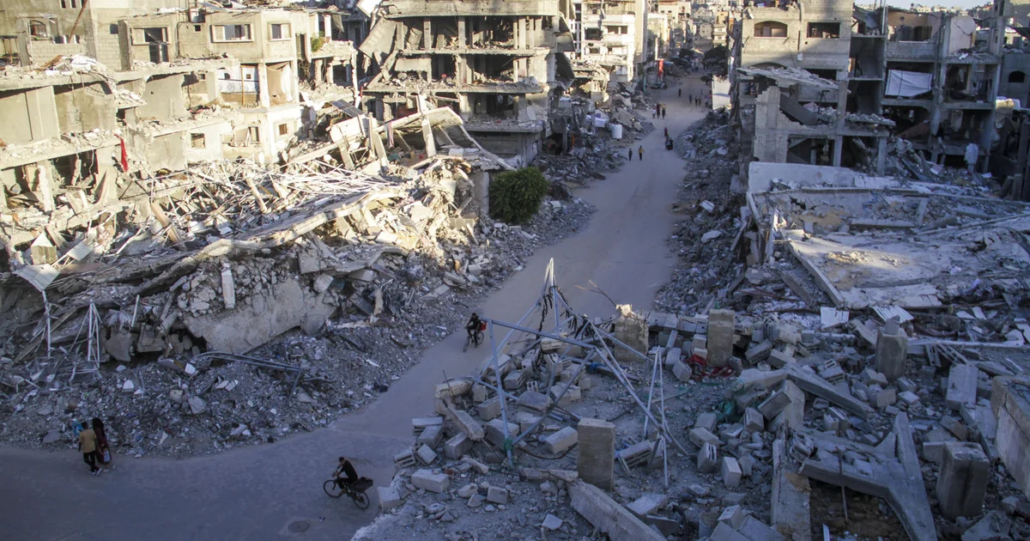Compassion-Driven Interventions for Reducing Intergroup Animosity: Toward Lasting Change
Team: Je Hoon Che, Tim Groeling, PhD
This study pilots a compassion-driven intervention to reduce intergroup animosity and increase feelings of empathy toward Jewish, Muslim, and Hispanic communities in the United States and tests its effectiveness and durability.
Antisemitism and Its Absence in the Early Twentieth-Century American Southwest 2025-26
Team: Eleanor Kaufman, PhD
This project considers the relative absence of antisemitism faced by rural and small town Jewish settlers in the American West between the 1880s and the 1930s, where finding aids from archives related to Jewish life in early twentieth-century Arizona, Texas, New Mexcio and Oklahoma point to the possibility of more numerous Antisemitic incidents.
Circulating Conspiracy: The Invocation of Antisemitic Canards in Anti-Muslim Prejudice
Team: Jarred Brewster, Erin Debenport, PhD
This research examines how antisemitic tropes play a critical role in producing prejudice against Shi’as and, ultimately, Muslims more broadly. It investigates how Sahwa polemicists disparage Shi’i beliefs by constructing parallels between Shi’ism and qualities ascribed to Jews in global registers of antisemitism, highlighting how hate discourse often spills over, extending prejudice beyond its original targets.
Media portrayals of the Israel-Hamas war in Gaza and Their Impact on Public Attitudes and Behavior
Team: Salma Mousa, PhD, Michelle Torres, PhD, William Marble, PhD, Ala Alrababah, PhD, Alexandra Siegel, PhD
This study examines how media portrayals of violent conflict shape public attitudes, using the Israel-Hamas war in Gaza as a case study. It examines how media outlets characterize conflicting parties and victims—particularly through humanizing language and blame attribution and explores how these textual and visual frames affect public attitudes and behavior. Ultimately, this project quantifies the media landscape surrounding Israel and Palestine and speaks to the broader role of journalism in shaping intergroup perceptions and conflict-related attitudes.
Religious Leaders’ Responses to Intergroup Hate within Their Congregations and Between Faith Communities
Team: Shreya Sundar, Mona Zahir
The proposed study aims to identify how grassroots religious leaders, such as rabbis, imams, and Christian leaders, respond to Antisemitism, Islamophobia, anti-Arab hate, and intergroup hate within their congregations and between faith communities.





